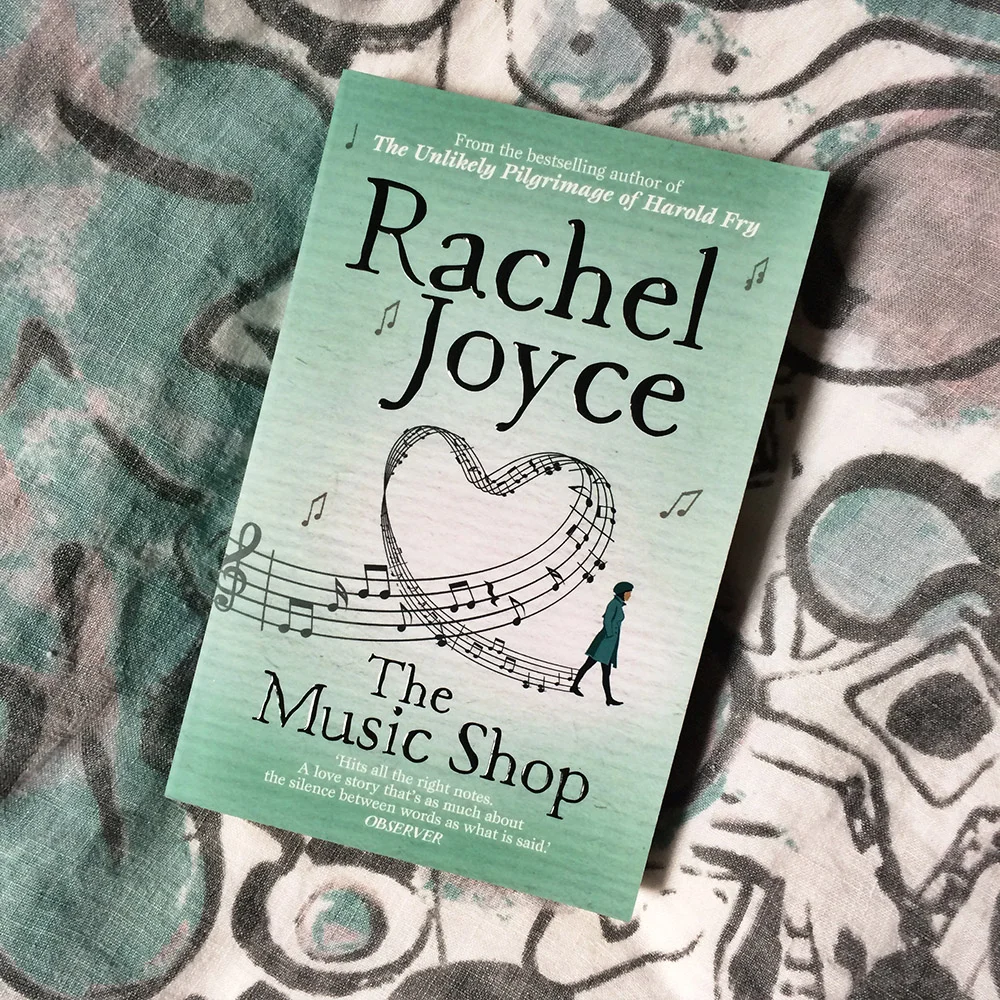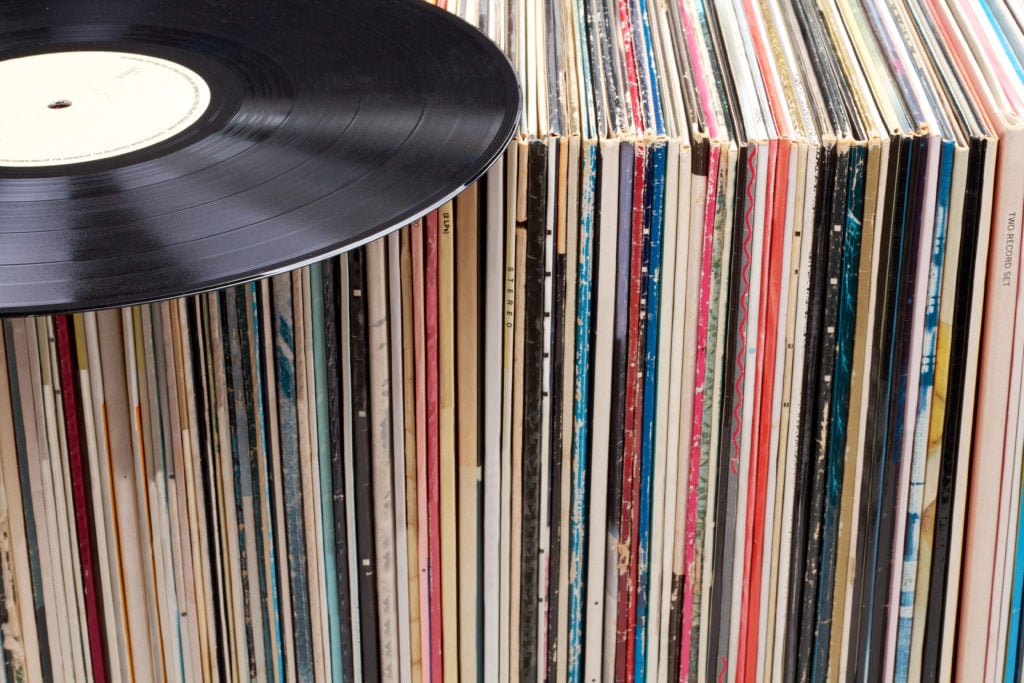Frank owns a music shop which
only sells vinyl, and he has the gift of being able to find the right music to
soothe a person’s soul or mend their marriage. One day a beautiful woman, Ilse
Brauchmann (manic pixie dream girl in a pea-green coat), faints outside his
shop and they have a relationship. She says she doesn’t listen to music so he
teaches her how to hear it. It turns out she was a highly proficient violinist
but now has arthritis and can no longer play. And she is engaged to someone
else. Of course she cares for him, but the author introduces deliberate (and
illogical) stumbling blocks to draw out the story. Frank is not actually all
that nice but he’s got lots of friends who encourage him in his romance
(Richard Curtis style) including Maud, the tattooist, a woman who has always
been inexplicably in love with him, and Kit, an incapable but passionate
assistant. It’s very light and fluffy and employs every trope known to rom com,
and yet the added appeal comes from the music and nostalgia.
Frank’s finest characteristic is
his sense of community with the other shopkeepers. “Here they were, living
together on Unity Street, trying to make a difference in the world, knowing
they couldn’t, but still doing it anyway.” Ilse is supposedly cute, but immensely
irritating. They meet for the lessons about music, in a café called The Singing
Teapot, and the waitress becomes involved in their story too, which is charming,
delightful, twee and completely unrealistic. Meanwhile, the author tells us
everything so there is no room for mystery or suspense.
Music has magical properties, and
listening to it can release oxytocin – books are written like this about cookery
all the time; all the chapters are named after songs and there is an
accompanying soundtrack. The novel contains frequent time shifts as we are cast
back to Frank’s relationship with his mother, Peg, who taught him how to really
appreciate music. This rapport is more interesting than that with the girl.
Music, especially vinyl, is part
of the nostalgic focus of the novel, and it should be enjoyed as an experience.
He uses the difference between CDs and records as a metaphor for life (God only
knows what he’d make of music-streaming services), refusing to accept that he
and his music shop are out of date although several reps and customers stop
calling. He maintains that vinyl is messy and fragile, and therefore, more
human.


No comments:
Post a Comment